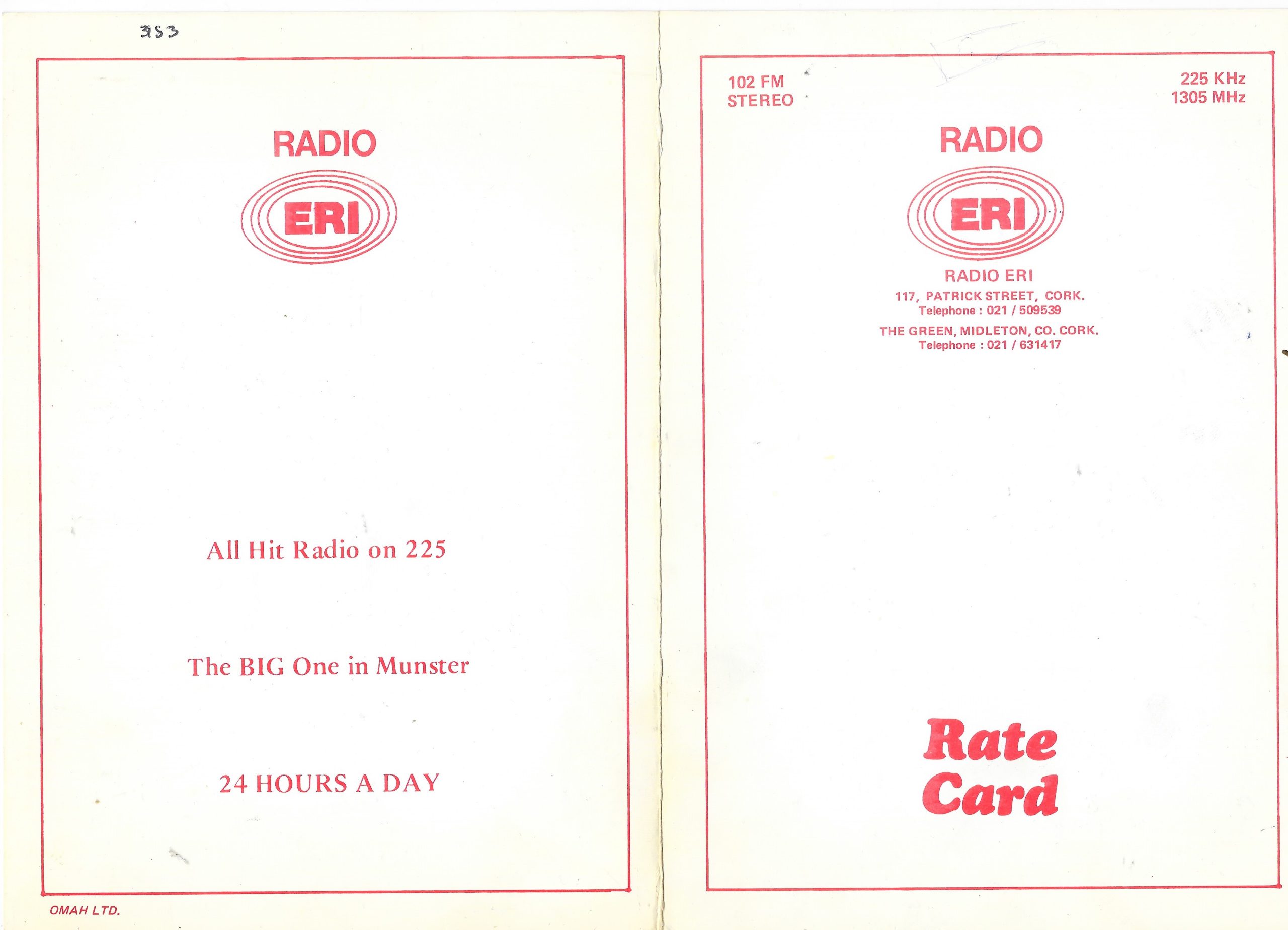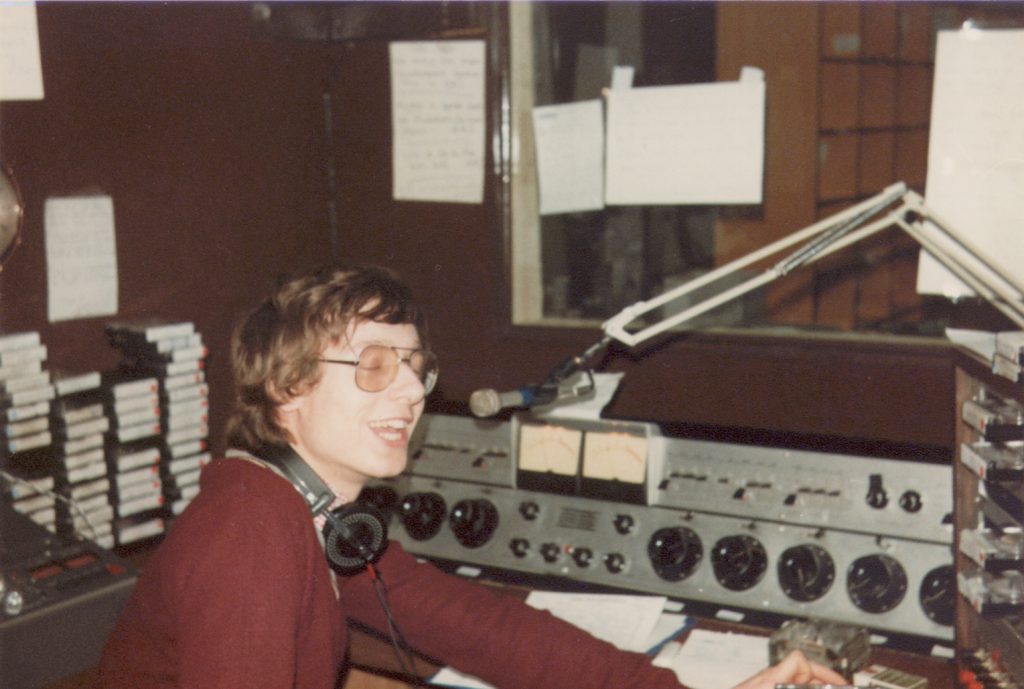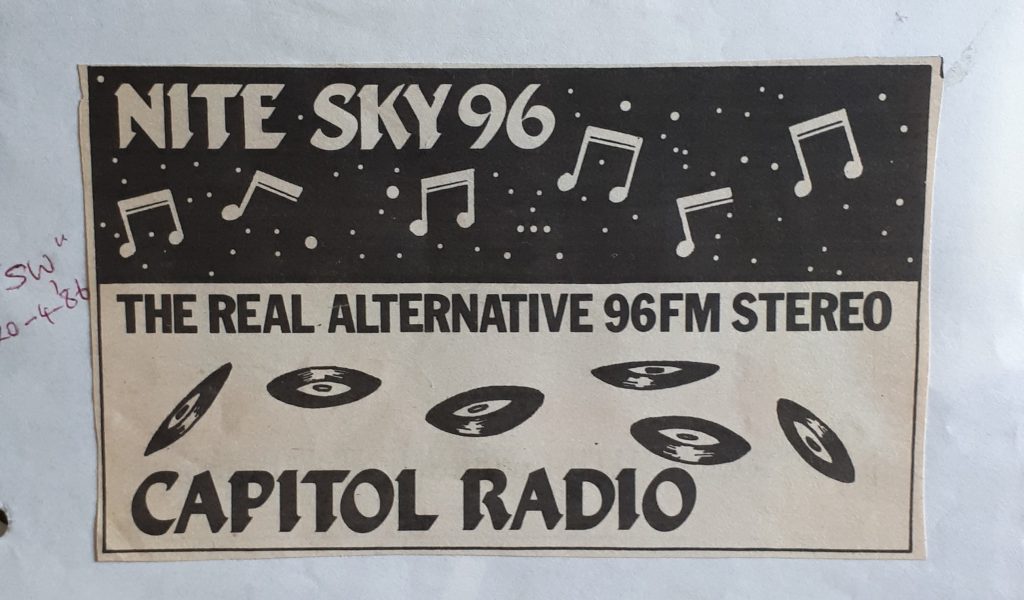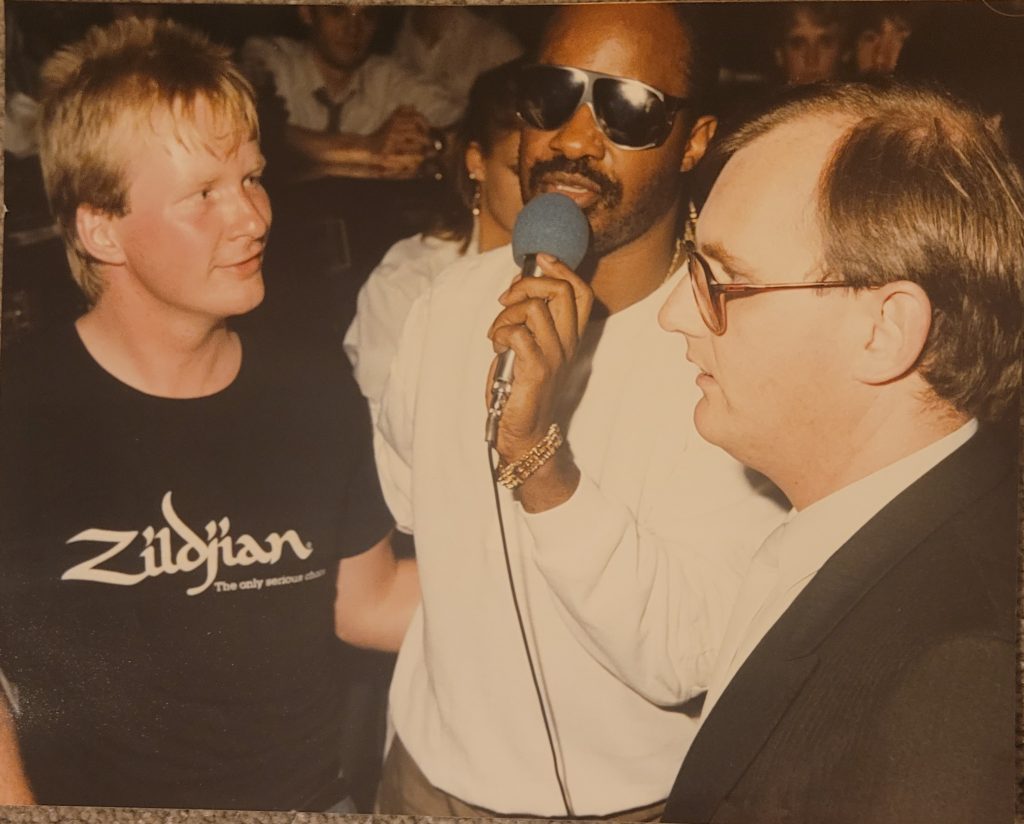Podcast: Play in new window | Download
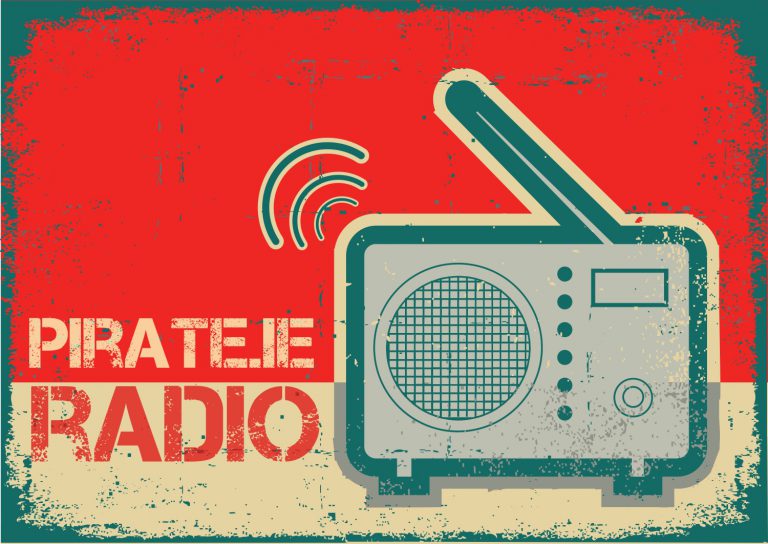
Thurles Local Community Radio (TLCR) broadcast from 1981-1983 from the Tipperary town, one of several small pirate stations in the county during the late 1970s and early 1980s. It began testing as Community Radio Thurles for a week in November 1981 and promised to start broadcasting on a full-time basis every evening before Christmas. The launch was delayed until the new year and the renamed Thurles Local Community Radio was reported by the Tipperary Star to have begun permanent broadcasting on 22nd January 1982 with an evening schedule from 1800-2100 and plans for expansion. It was on 100 FM only and according to the newspaper report, the station emphasised the superior quality of the FM band over AM. However logs by DX Archive from the period June 1982 to October 1983 include TLCR on AM only (first 1260 kHz, then 1098 kHz and finally 954 kHz), perhaps a reflection of the dominance of medium wave at the time. There is no reference to TLCR after October 1983 and it seems to have petered out by late that year. Additional research is by Eddie Bohan.
This short airchecked recording of Thurles Local Community Radio was made on Sunday 24th April 1983 between 1600 and 1700 and features the Paul Ryan American Music Show. It was made by Kieran Murray from 954 kHz, announcing 319 metres and is from the Anoraks Ireland Collection.


